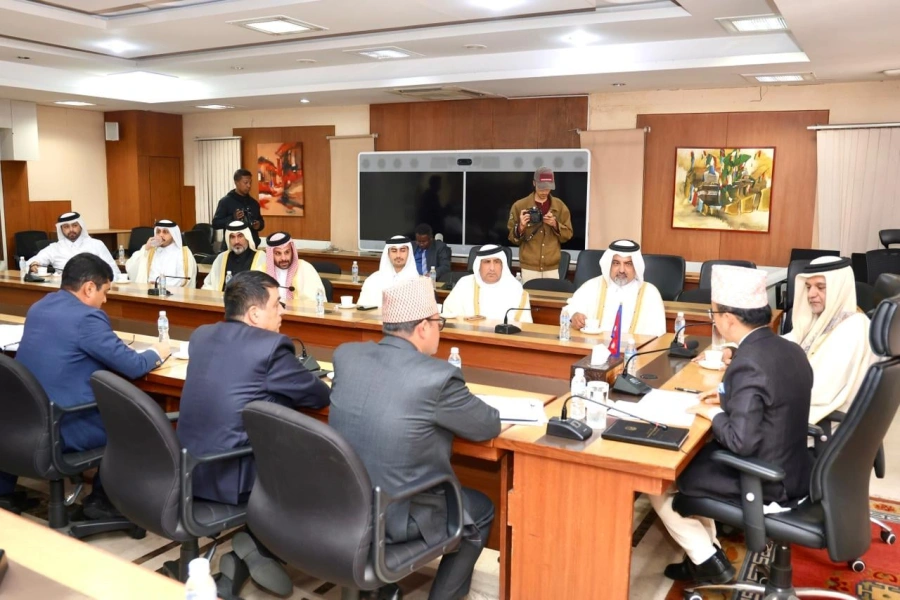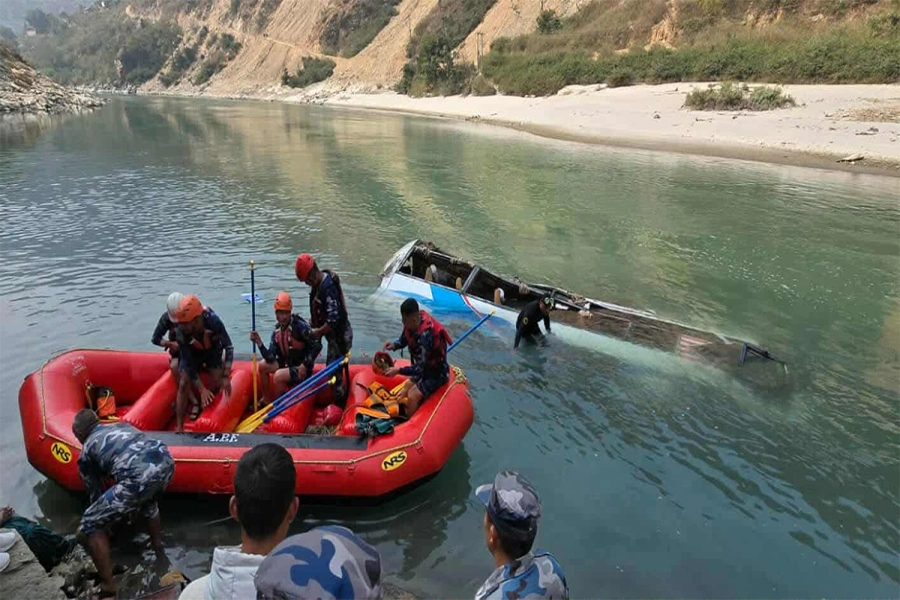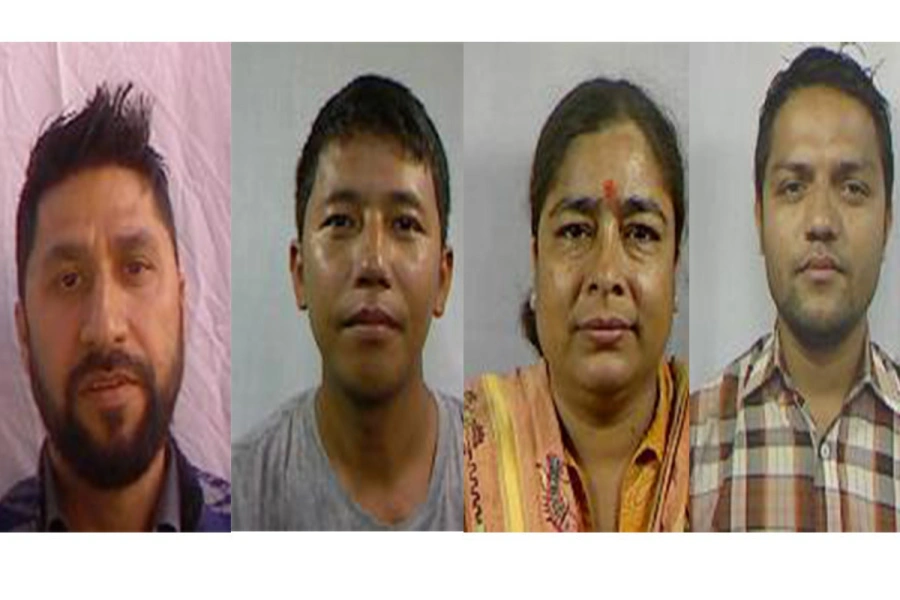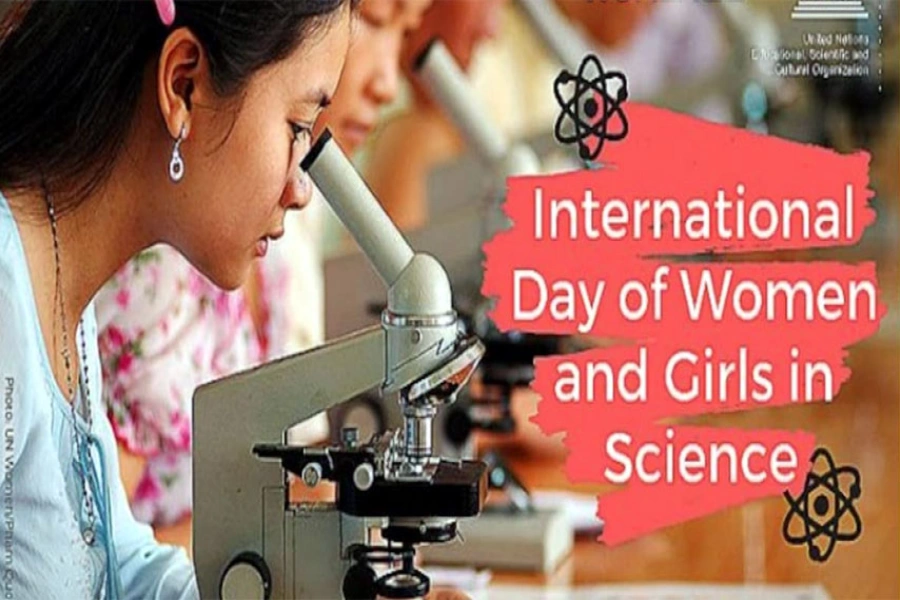KATHMANDU, Jan 21: As an indication of growing coffee culture in the country, coffee consumption is on the rise in recent years. This has also contributed to increased coffee production in the country.
According to National Tea and Coffee Development Board, around 600 tons of coffee is consumed in Nepal every year, of which around 500 tons is domestically produced.
“In recent years, our own production is getting good market with good price. Coffee produced in the country is being consumed within the country,” said Gaurab Luitel, information officer of the board.
"Known coffee chains such as Himalayan Java, Kathmandu Coffee, RedMud Coffee and Red Cherry are the highest consumers of Nepali coffee products," Luitel told Republica.
‘Coffee 2 Go Nepal’ brings mobile coffee stall in Kathmandu

“With growing demand, we still need to import coffee to meet the market demand,” he said. Around 60 percent of coffee produced in Nepal is being consumed in the country and the rest is exported.
According to the board, 466 tons of coffee was produced in FY 2016/17 and 513 tons in FY2017/18.
Meanwhile, compared to the previous year, export of coffee declined slightly in FY 2017/18. In FY 2016/17, a total of 99 tons of coffee was exported to foreign countries including Japan, Jordan, Korea, Taiwan, the UAE, Cambodia, the US, Puerto Rico, Belgium, Netherlands, Sweden, and the UK. A total of 84 tons of coffee was exported in FY 2017/18.
"Growing coffee culture in Nepal shows that the country has huge potential for coffee farming," Luitel said, "If we could increase our production level, then we will not be far from becoming self-dependent in coffee."
According to a study entitled Analysis of Habitat Suitability of Coffee in Nepal by the board, around 1.1 million hectare of land area in Nepal has some degree of suitability for coffee cultivation, of which 820,364 hectare is moderately suitable, 402,646 hectares suitable, and 61,228 hectares highly suitable for coffee cultivation.
As stated by the board, more than 27,000 households are involved in coffee farming in 42 districts of the country. Some districts like Gulmi, Palpa, Argakhanchi, Lalitpur, Tanahu, Kavre, Sindhupalchowk, Lamjung, Kaski, Gorkha, Syangja, Parbat, and Baglung are successfully growing and producing coffee beans. With several groups, associations, and cooperatives, coffee farmers have a better position on policy lobbying, technology dissemination, and collective marketing.
Luitel further said that there is an immense need of technical training and knowledge of modern technologies for commercial farming of coffee. "Selection of coffee variety and knowledge of modern farming is needed to grow the production of coffee," he added.
The government had revised the price of raw coffee, and implemented it from November 17 last year. As per the revision, fresh cherry coffee of grade A costs Rs 85 per kilogram, while grade B costs Rs 80. Likewise, parchment coffee of grade A costs Rs 425 per kilogram and grade B costs Rs 410; while dry cherry coffee of grade A costs Rs 140, grade B Rs 100, and grade C Rs 40 per kilogram.







































